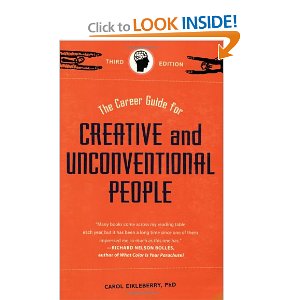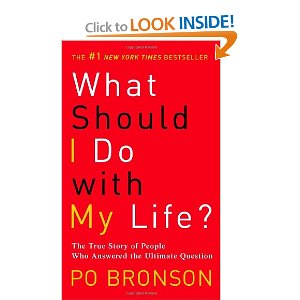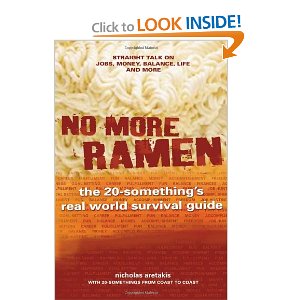by Robert Gannone
Now that you have a job, you may be thinking of how to advance your career in the years to come. One of best opportunities to advance your career path is to connect with other people in your profession. Joining a professional association is an ideal way to connect with professionals, who have shared interests. A professional association’s goal is to further a particular field and to enhance the careers and knowledge of individuals engaged in that profession.
As you have heard before, networking is one of the best ways to hear about new companies or open positions. More importantly, it’s simply a great way to expand your career horizons. By being engaged in a professional association, you can meet with others in your field and share your ideas about your profession and its direction. Some professional associations also offer certifications or licenses. These can also help to advance your career because they are earned from a professional organization and given to a person who has been designated as qualified to perform a job or task.
There are many professional associations in industries as varied as healthcare, academia, public administration, and urban planning. Whatever your field or your area of interest, professional associations offer a way to keep in touch with policy developments and an opportunity to network with others who share your interests. They typically also offer annual expos and meetings. Professional associations can have a national, local, or state focus. For example, associations ranging from local to national include such organizations as the Engineers’ Club of Philadelphia, the Texas Music Teachers Association, and the National Black MBA Association.
To find a listing of professional associations in your career or field of interest, visit one of the following sites:
http://www.weddles.com/associations/
http://www.associationsdirectory.org.
You can also search for professional licenses by industry by going to the following website:
http://acinet.org/certifications_new/cert_search_industry.aspx














